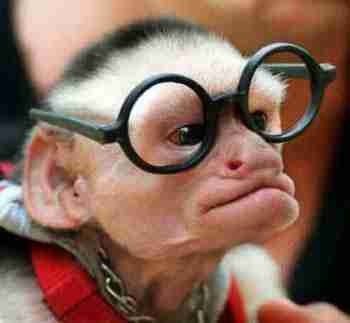Tess II -- Chaps. XIV-XXVII
How does the second section of the book differ from the first? How does Hardy present the courtship of Tess and Angel Clare -- in particular, how do their interactions reflect upon the natural versus the cultured? How would you characterize the environment of the dairy farm and Hardy's portrayal of it? What does this accomplish?
Try to focus on specific passages and cite page #'s so that you can look up each other's passages. Your board.
Tess of the D'Urbervilles I -- Chap. 1-13
What are your initial reflections about Hardy's novel, particularly following the arch banter of Wilde's "Decay of Lying"? Tess was published in the same year as Wilde's Portrait of Dorian Gray. Do they share anything? Compare their styles and concerns.
Alternatively, what do you think of the relationship between Tess and Alec D'Urberville? Think about how their relationship is developed and how their motivations are explained. What is meaningful/moving about the situation that develops? Does it seem unique in any particular way?
Please digress and divert at will -- it's your board.
Wilde and Pater
What did you think of the two essays, Pater's Conclusion to
The Renaissance, and Wilde's "Decay of Lying"? What is the place of art in the two essays? Do you see any common ground or connections between them? How do these work out?
Alternatively, what is the sense that you get of these two through their two writings? How might you imagine a conversation between them working?
_Dorian Gray_ II
I know you're all deep in the last minute-polishing of your essays, but take some time to post a few last comments about Dorian. What do you think of the turn toward decadence his life takes? Is there anything about it you find particularly interesting/intriguing? How about his confrontation with Basil and the murder--did it seem justified/warranted? By the end of the book, do you still see Dorian as *humorous*? How does it compare to the resolution of Jekyll and Hyde?
Finally, if the credo of book is "Art for art's sake" -- how does the resolution stack up? Does it seem to be the kind of stand-alone resolution and wholeness that Wilde aspires to? Your board.
_Dorian Gray_ I -- pp. 1-32 (Chap 1-9)
Please post your thoughts about Oscar Wilde's
Picture of Dorian Gray: what are your initial impressions?
If you like, consider the following questions:
If you had to characterize the style, what is particular about it? Are there elements that seem strange, fanciful, mesmerizing? What do you think of the dialogue -- of the interactions, for instance, between Lord Henry, Basil, and Dorian himself? How would you characertize their tones and opinions? What do you think of Dorian himself?
Please post extraneous links, ideas, and musings. Get argumentative, get provocative, be outrageous if the mood strikes you. It
is Wilde, afterall. Your board.
_Jekyll and Hyde_ Continued...
Now that you've all finished, share your reflections on the work as a whole -- was there anything in particular that stood out about the story/the resolution? Be specific.
Alternatively, you could consider one of the following questions:
(1) Do you have any insight into how the story is put together--letters and narratives from a variety of perspectives? Did you like the technique? What did it do for the story? Does it matter that some of the narratives are from a lawyer, some from doctors and scientists?
(2) What is the status of science in the story? How is it significant that Lanyon and Jekyll are both scientists? Why are they affected so much more by what they discover than Lanyon? How might this relate to the subject of the story as a whole?
Jekyll and Hyde I (pp. 1-40)
Post you thoughts on the first half of
Dr. Jekyll and Mr. Hyde -- what do you think of the story so far? We all know what happens, but pretend for a moment that you didn't. What are the concerns of the story so far? What key virtues, values, and interests seem to come to the top? Please include a specific passage that illustrates your point. (Alternatively, you could simply discuss a passage which you found intriguing/strange.)
James and Freud
For those of you who are interested, the full text of Freud's article, "The Uncanny," can be found at this link:
http://www-rohan.sdsu.edu/~amtower/uncanny.html
Enjoy.

